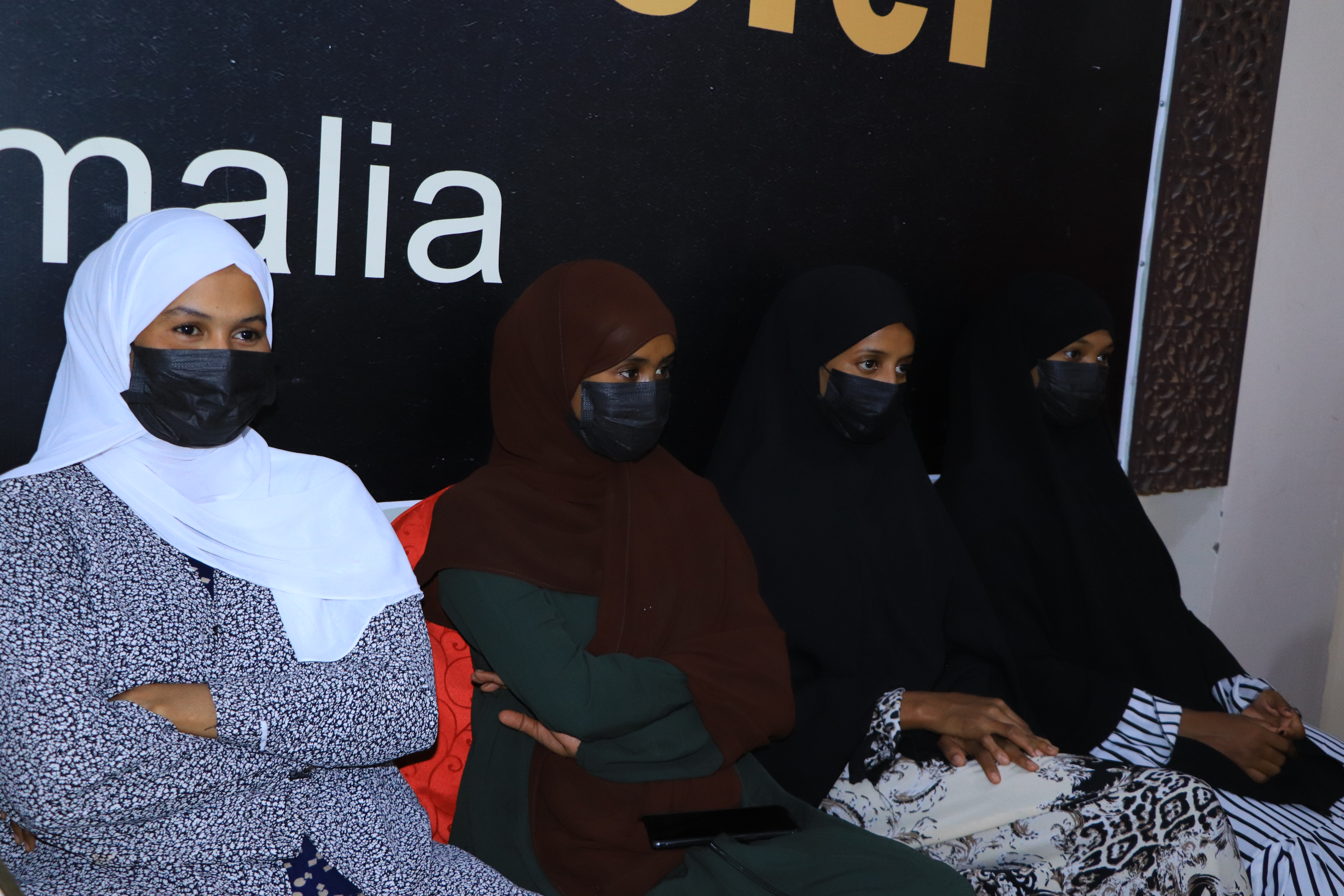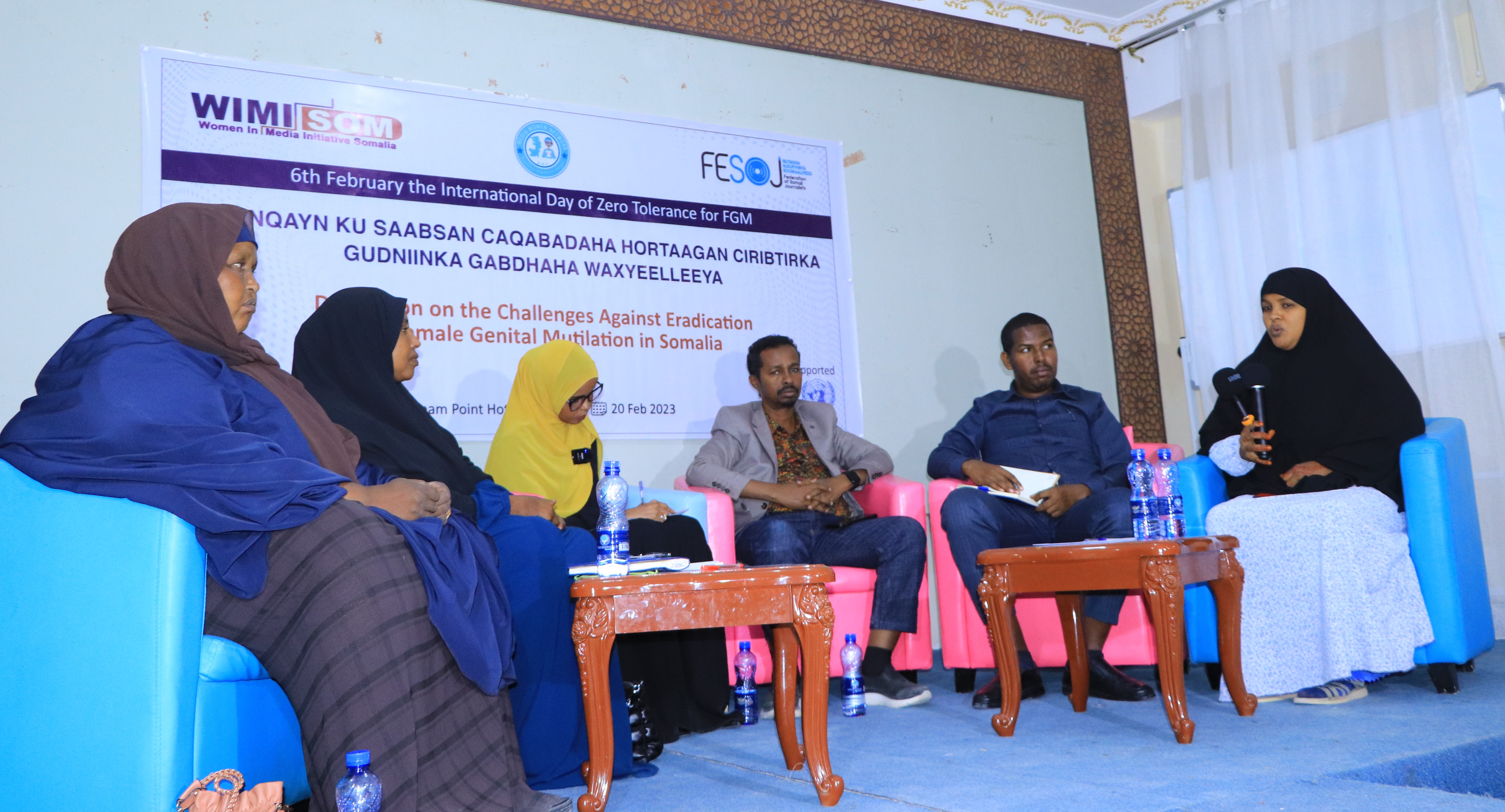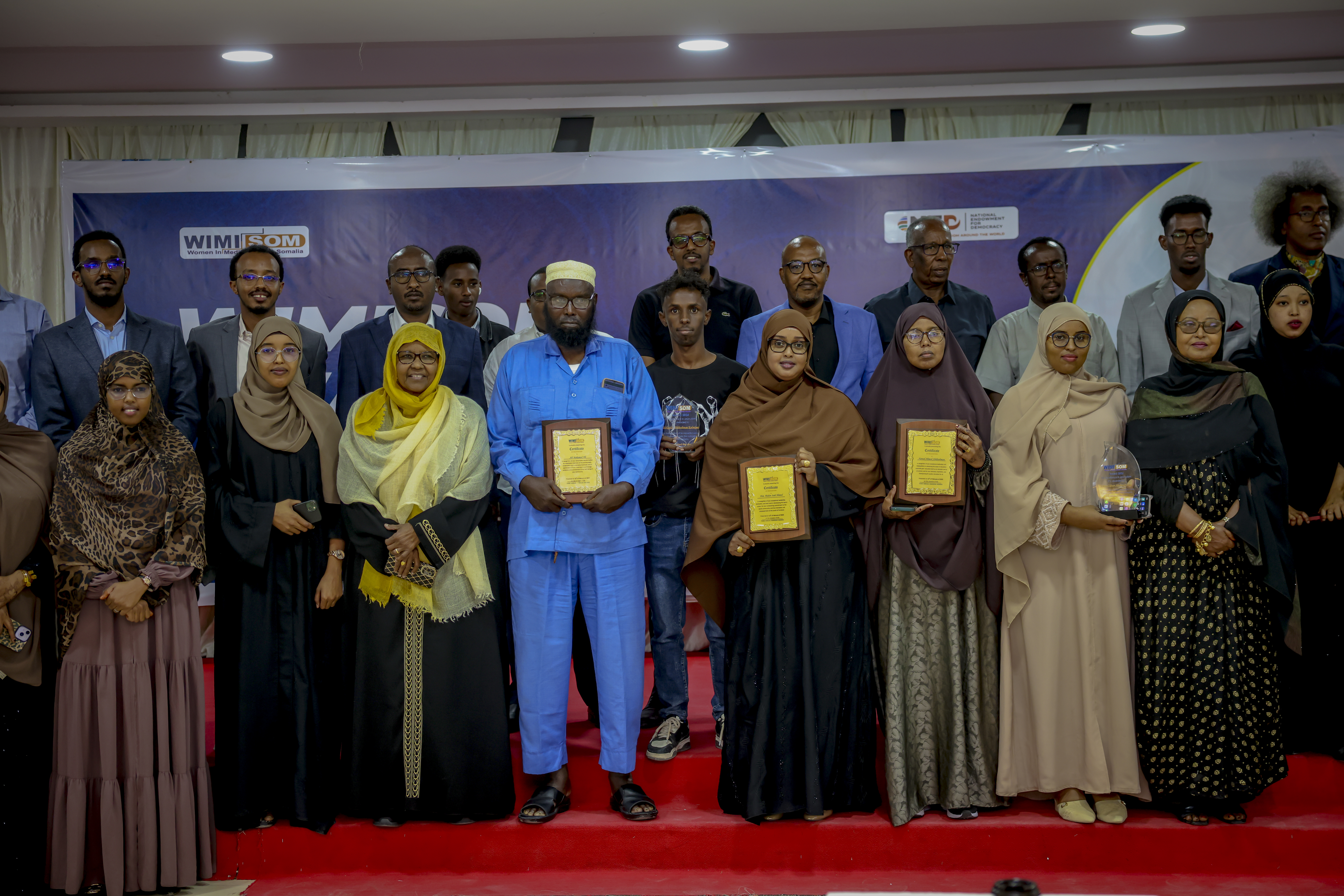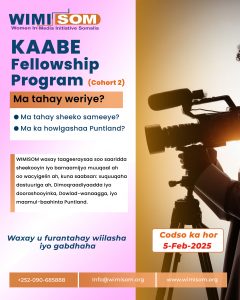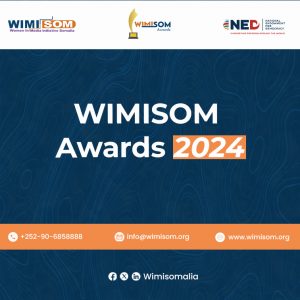WIMISOM organized a Discussion on the Challenges Against the Eradication of Female Genital Mutilation in Somalia on the occasion of the belated commemoration of the 6th February-the International Day of Zero Tolerance for FGM. The objective of the discussion was to reflect on the progress made in FGM prevention in Somalia and to analyze the challenges against the eradication of FGM in Somalia as well as to brainstorm strategies for eradicating this evil practice in society.
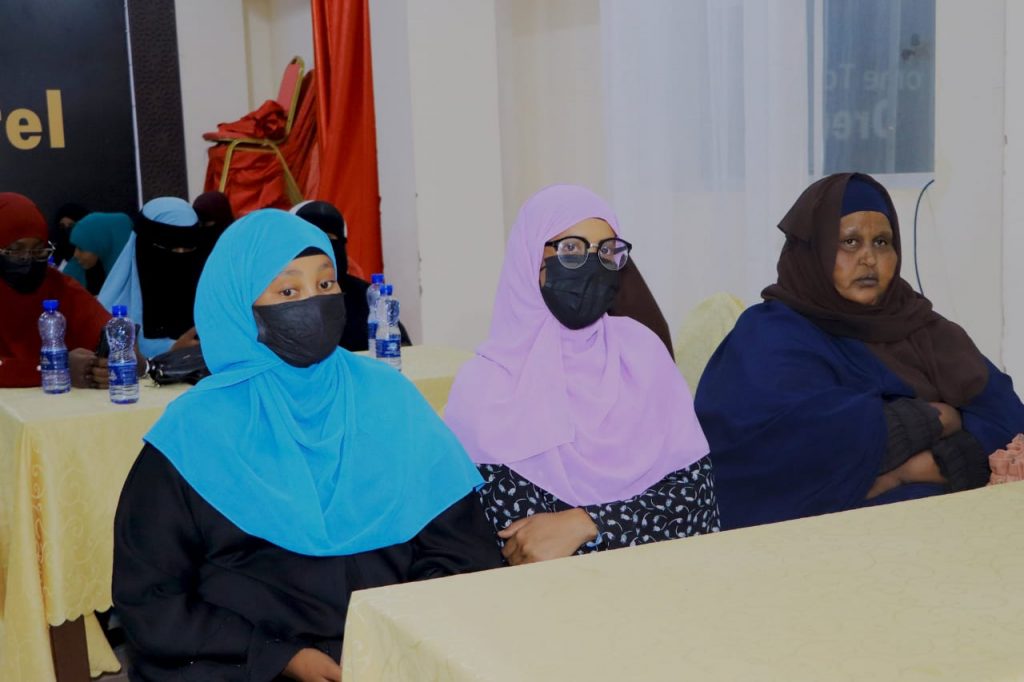
The Executive Director of WIMISOM Nasro Abdirisak gave brief opening remarks. She stated the objective of the discussion to review the successes of FGM prevention and also reflect on the shortcomings of the effort by all stakeholders. She emphasized the need for change at the community level for the eradication of FGM. She encouraged constant communication and collaboration among different stakeholders including government, civil society, community leaders, and youth to eradicate this evil practice from the country.
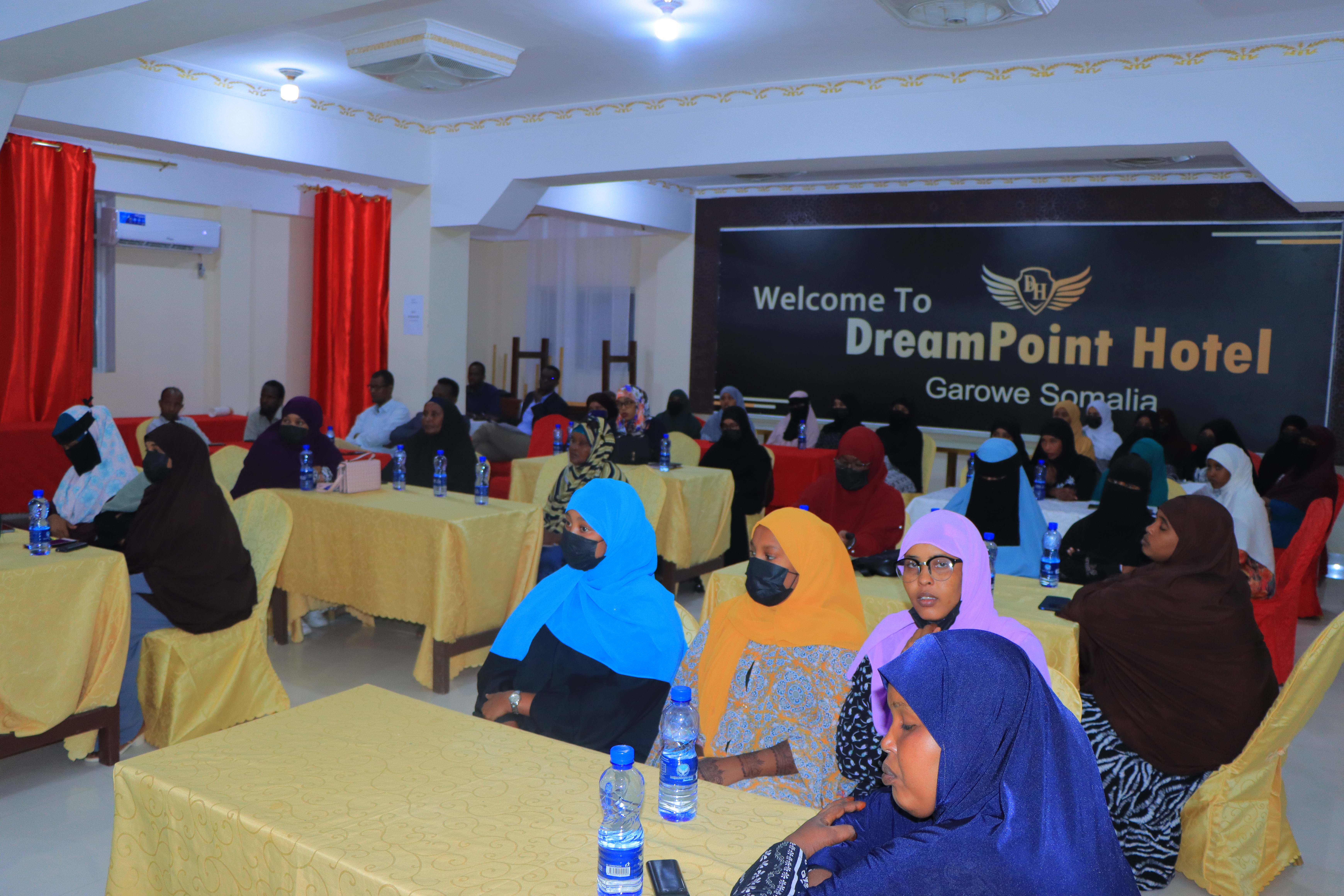
The discussion brought together activists, civil society organizations, religious leaders, government authorities, and women’s organizations, and youth. During the discussion, panelists and participants presented many suggestions and answers for each question and concepts regarding the challenges against the eradication of FGM in Somalia.

The following summarizes much emphasized and recurring themes during the discussion.
- The existence and relevance of frameworks, policies, and laws on FGM in Puntland
- Recognition of the increased community awareness on FGM and its perils and that community members are able to discuss it openly
- Raising the importance of the anti-medicalization of FGM of the campaign which removed excuse and pretense for FGM to be done in medical establishments
- The need for increased role of religious leaders in engaging in awareness raising of the community considering their legitimacy and credibility among the community
- Lack of uniform opinion on FGM among religious leaders has a detrimental effect on the efforts of awareness raising in the community
- The gap in awareness raising in rural communities and remote villages due to lack of access and also because of the demographic of the communities
- Emphasizing the role of the government in enforcing existing policies and laws on FGM
- Recommendation that only through cooperation between all stakeholders could FGM be eradicated in Somalia
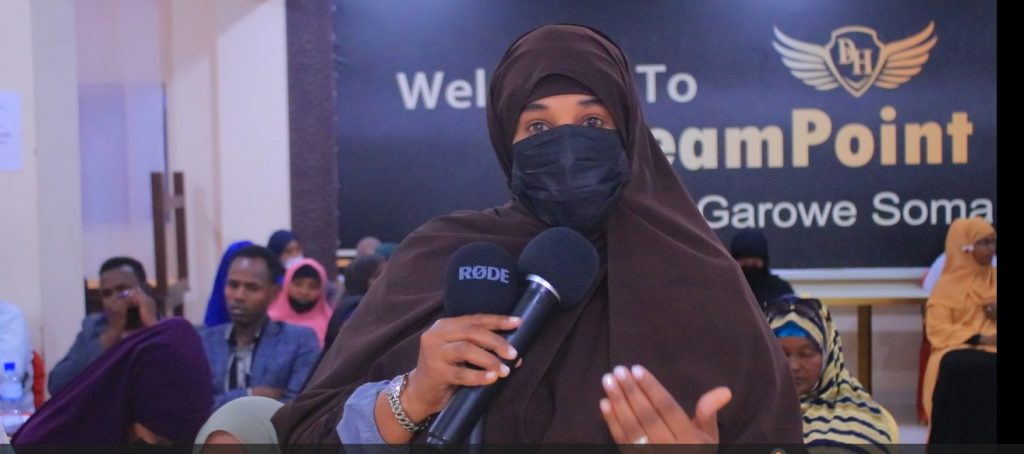
This activity was part of the commemoration of the 6 Feb-the International Day of Zero Tolerance for FGM, in that regard, with support from UNSOM and in collaboration with Media Women Network MWN and the Federation of Somali Journalist, WIMISOM organized this activity and also disseminated awareness messages and will broadcast this debate on radio and TV stations.
